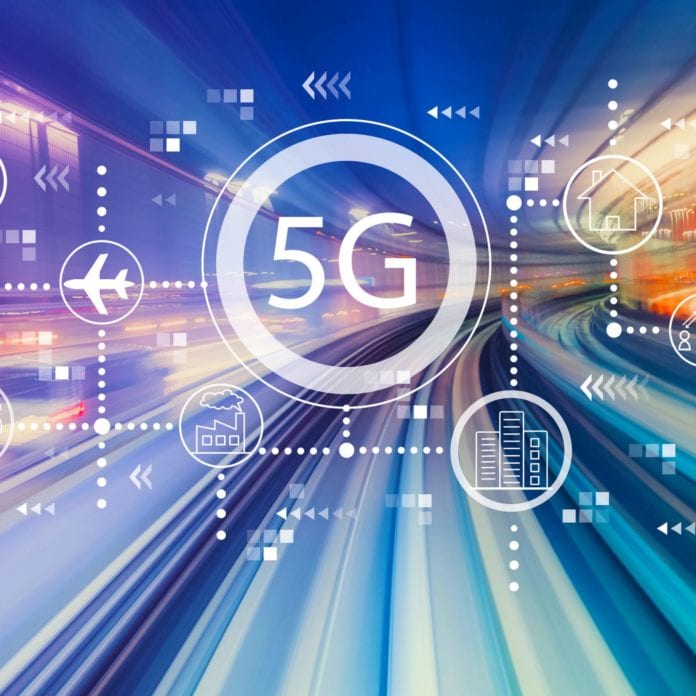Analyst firm notes ongoing 5G network, device launches in spite of the pandemic
Strategy Analytics predicts that smartphone sales will fall by 21% this year, but it maintains that for 5G overall, there are still “many positive signs.”
In a blog post discussing whether operators should push back 5G deployments until 2021, Strategy Analytics’ Phil Kendall, executive director of the firm’s service provider group, wrote that while COVID-19 is having a significant impact on mobile network operators’ 5G service planning, “2020 will not be a lost year for 5G and there are many positive signs both in terms of 5G growth potential and its ability to support initiatives tackling the coronavirus.”
The analyst firm has tracked 15 5G commercial network launches since the beginning of the year, including several since late February, when the scale of the pandemic’s impacts were becoming evident.
Many of the positive examples of 5G continuing to move forward in spite of COVID-19 came from China and the Asia-Pacific region. In China, Kendall noted, the government is using various infrastructure investments as a means to offset the economic impacts of the pandemic, and 5G is one of its areas of focus. 5G investment plans in the U.S. remain “strong,” he wrote, and Verizon has actually increased its capital expenditure guidance for the year as a result of the pandemic and shifting network demand. South Korean officials have laid out plans for government investment in expansion of 5G, including acknowledgement of 5G as a tool to help “overcome the crisis” of COVID-19. There is also some evidence that 5G services, where available around the world, have “found a role in some communities in enhancing broadband performance” and in supporting frontline healthcare work, with examples from China of 5G being built into rapidly constructed new hospitals, Kendall wrote.
More broadly, Kendall said, the infrastructure investments that many operators are having to make in order to handle significant traffic increases, could ultimately benefit 5G deployments.
“Increased infrastructure spend in fixed broadband networks, particularly to boost backhaul and interconnect capacity, to cope with the >40% increase in fixed Internet traffic many operators are experiencing, should also benefit 5G deployment plans. Backhaul will account for almost one quarter of 5G rollout costs, and network investment now to support home working, studying and isolation will be leveraged to ease or speed 5G deployments,” Kendall wrote.
Additional 5G devices are continuing to come to market. The GSA reported this week that the number of commercially available 5G devices has risen 41% in the past month. Strategy Analytics’ Kendall pointed out that there is momentum in the mid-range 5G device segment, and in particular, pressure in China to have offer 5G devices at a price point below $200. “More affordable 5G smartphones will be key to medium-term service adoption, though operators will also need to consider network plans in anticipation of demand created by the expected 5G iPhone and Samsung Galaxy Note 20 launches in H2 2020,” he added.
“COVID-19 is not an ‘opportunity’ to be exploited, but it is causing many businesses to accelerate their plans for digital transformation and 5G has an important role to play in creating positive outcomes from current disruptions,” Kendall concluded.

